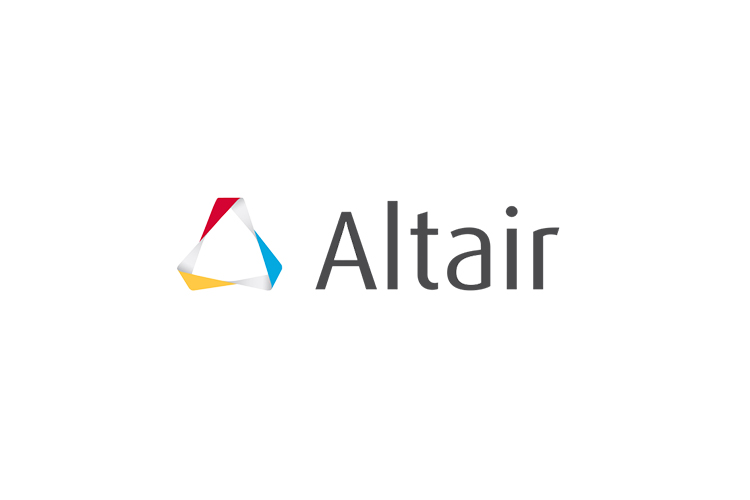With HyperXtrude 2015, engineers can analyze material flow and heat transfer inside a die during extrusion to validate die designs, reducing costly and time-consuming trials.
HyperXtrude 2015, a new version of the popular simulation tool for extrusion processes was launched by Altair recently. For the first time, engineers on the shop floor may validate die designs using computer-aided engineering (CAE) techniques directly from computer-aided design (CAD) models. This change represents a significant workflow improvement.
Extrusion companies today must create a more extensive mix of complex profiles in a shorter period of time than ever before. At the same time, there is constant downward price pressure on production costs.
A completely new, intuitive interface distinguishes HyperXtrude 2015 from previous releases of the leading physics-based extrusion solver. HyperXtrude 2015 automates routine steps of the model building process with no compromise on accuracy or mesh quality, allowing die designers to perform simulation with very little time spent on learning or modeling the software. The setup of an analysis happens directly on the CAD model while the mesh and complex details stay hidden in the background. As a result, users without a finite element analysis background can use the tool to validate and optimize their die designs. For example, while experts may have spent two to four hours meshing a model with previous software tools, HyperXtrude 2015 allows the completion of pre-processing in just 15 minutes.
“HyperXtrude 2015 takes a giant leap forward, making CAE accessible to the engineer on the shop floor,” said Mahender Reddy, Development Director at Altair. “Our next-generation framework is much easier to use, allowing model setup in a CAD-like environment that is very easy to use. It bridges the gap between engineers, analysts, and manufacturing specialists, making communication among departments much more seamless.”
Employing CAE in the extrusion industry is a relatively recent trend. With the increased focus on aluminum and various polymer extrusions in the automotive and aerospace industries, the use of CAE has become a critical quality differentiator. Designers need to ensure that extruded parts exhibit the correct strength properties with no flaws or blemishes.
“CAE tools give us additional confidence in the design process,” says Jeff Skinner, responsible for research and development at Thumb Tool and Engineering, a subsidiary of the Gemini Group. “When extruding materials, it is critical to avoid imperfections while meeting structural requirements. Our outputs undergo a very high level of scrutiny with respect to finish quality, and HyperXtrude helps us achieve that quality, every time.”
HyperXtrude 2015 supports steady-state metal extrusion analysis and includes analysis of solid and hollow profiles, direct and indirect extrusion, and single and multi-hole dies. Imported CAD models can be oriented and positioned appropriately. A flow-volume creation feature enables the creation of flow volume (negative volume) from the die solids. Flow volume can be extracted from the die assembly with a mouse click. HyperXtrude 2015 also offers sketching capabilities, with tools that create points, lines, surfaces, solids and other geometric shapes from scratch.
Among the most helpful features of HyperXtrude 2015 are its powerful Simplify/Patch tools that allow users to clean up problem areas in the geometry of a model before running the analysis. These tools will remove imprints, rounds and fillets. They can be used to plug holes and pockets or create patches and bridges. Also available in this version are tools for measurement, mass calculation and support for different unit systems.


